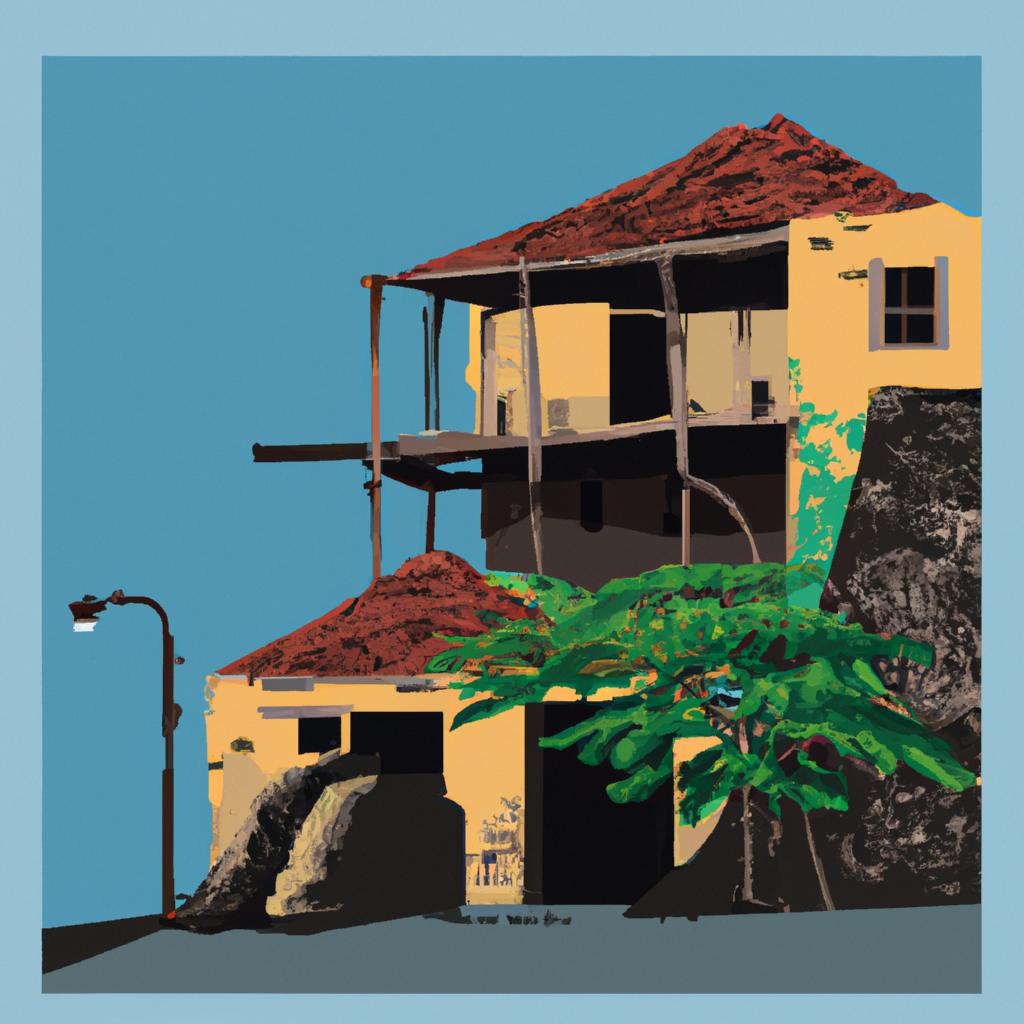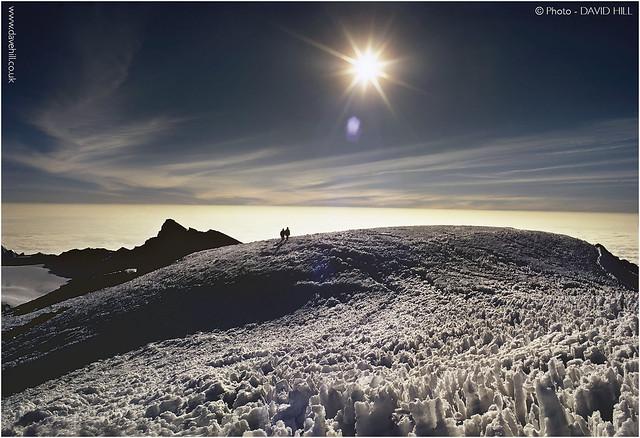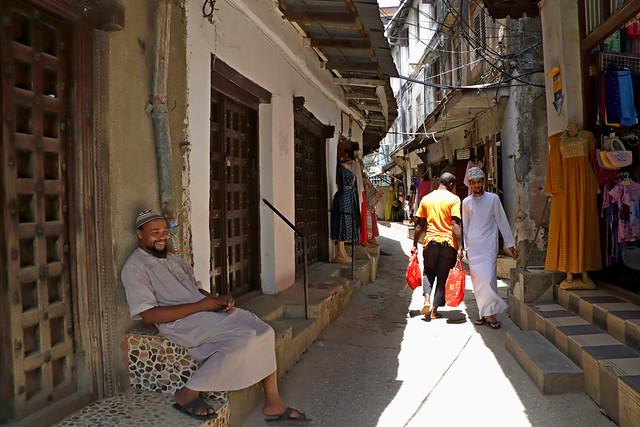Zanzibar West
Overview
Culture and Atmosphere
Zanzibar West is a vibrant tapestry of cultures, influenced by African, Arab, Persian, Indian, and Portuguese heritage. The island's unique blend of cultures is palpable in its music, art, and day-to-day life, creating an atmosphere that is both lively and inviting. Visitors can explore traditional Swahili architecture, with its intricately carved doors and coral stone houses, particularly in the historic town of Stone Town, a UNESCO World Heritage site. The air is often filled with the sounds of taarab music, a soulful blend of African and Middle Eastern sounds, often performed during local celebrations and gatherings.
The local markets, particularly the Darajani Market in Stone Town, burst with color and life. Here, you can experience the essence of Zanzibar's daily hustle and bustle, where vendors sell fresh produce, spices, textiles, and handcrafted souvenirs. The aroma of spices wafts through the air, as Zanzibar is famously known as the "Spice Island," with cloves, nutmeg, and cinnamon being the most prominent. This rich tapestry of culture creates an atmosphere that is both exhilarating and enchanting for travelers.
Historical Significance
The history of Zanzibar West is as rich as its culture. The region has been a crucial trading hub for centuries, serving as a focal point for the spice trade and the slave trade during the 19th century. Stone Town, the historical heart of Zanzibar, is dotted with remnants of this tumultuous past. Important sites include the Old Fort, built by the Omani Arabs in the late 17th century, and the House of Wonders, which served as a palace and is now a museum showcasing the island's history.
The influence of the slave trade is profoundly felt, with the Anglican Cathedral built atop the former slave market, symbolizing a transition from a dark past to a hopeful future. Visiting the memorials and museums dedicated to this history provides travelers with a deeper understanding of the complexities of Zanzibar's legacy, blending pain with resilience and cultural richness.
Local Characteristics
Zanzibar West is characterized by its stunning landscapes, from pristine beaches to lush spice plantations. The coastline boasts idyllic beaches like Nungwi and Kendwa, known for their soft white sands and crystal-clear turquoise waters, perfect for swimming, snorkeling, and diving. The vibrant marine life and coral reefs are a paradise for underwater enthusiasts, offering breathtaking experiences just off the shore.
Inland, spice tours provide a glimpse into the agricultural heart of the island, where visitors can see, touch, and taste the spices that have shaped Zanzibar's economy and culture. These tours often include a visit to local farms where you can learn about traditional farming methods and even participate in the harvest.
The pace of life here is relaxed, with many travelers enjoying leisurely strolls along the beach or engaging with the friendly locals in the vibrant cafés and restaurants. The culinary scene is a highlight, with dishes infused with spices, fresh seafood, and tropical fruits. Dining on local specialties such as "Zanzibar pizza" or enjoying a seafood feast at a beachside restaurant enhances the experience of this enchanting destination.
In summary, Zanzibar West is a captivating blend of rich culture, profound history, and breathtaking natural beauty. For foreign travelers, it offers a unique opportunity to immerse themselves in a world where the past and present coexist harmoniously, making it an unforgettable destination to explore.
How It Becomes to This
History not available

You May Like
Explore other interesting states in Tanzania
Discover More Area
Delve into more destinations within this state and uncover hidden gems.










